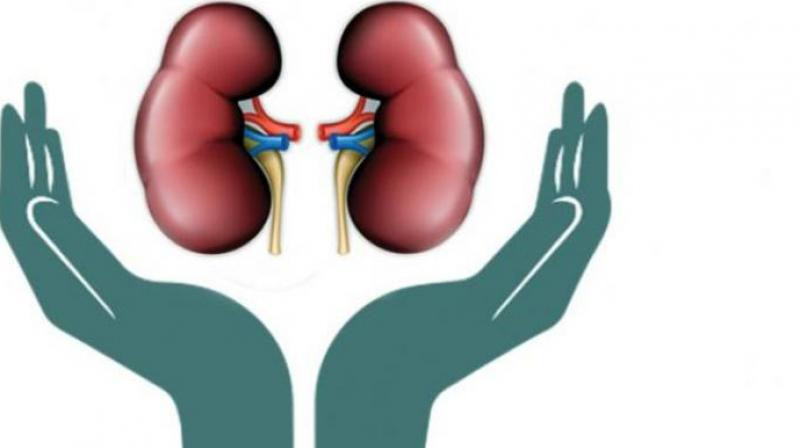A pre-transplant evaluation provides complete information about your overall health prior to renal transplant. The evaluation helps the Renal Transplant Team identify any potential problems. Then, the Renal Transplant Team can take steps to prevent any problems before the transplant surgery and avoid potential complications after the Renal transplant surgery. Before your pre-transplant evaluation, a letter will be sent to you and your physician to gather important information about your medical condition. Your physician must send the following information before you are evaluated by the transplant team:
- An up-to-date history and physical
- Include height and weight (must have BMI < 35 at the time of transplant)
- Include a note describing the compliance level (could be a social worker note)
- Current labwork - including a metabolic panel
- If patient is not on dialysis, a creatinine clearance or GFR level within 6 mos.
- Kidney biopsy report (if already done)
- EKG
- Patients >50 yrs old, diabetics >20 yrs, or known CAD will need
- Stress testing within the last year (Dobutamine Stress Echo preferred)
- Negative stool guiacs
- For patient > 50 yrs old, a colonoscopy or sigmoidoscopy within the last 3 to 5 yrs.
- Immunization record including hepatitis, ppd to r/o tuberculosis (if reaction then chest X-ray), pneumovax (within 5 yrs)
- Abdominal/renal ultrasound
- All females - Normal PAP within the year (unless h/o total hysterectomy)
- If > 40 years old or family history of breast cancer, normal mammogram 0
- All males > 50 years old
- Current PSA
Any other studies pertinent to the patient's health status. Upon receipt of the test results, you will be notified that we can now schedule the KIMS kidney transplant team for the evaluation. Kidneys for transplantation come from two sources: living donors and cadaver (non-living) donors.
- Living donors are usually immediate family members or sometimes spouses.
- Cadaver kidneys usually come from people who have willed their kidneys before their death by signing organ donor cards. Permission for kidney donation can also be given by the deceased person's family at the time of death.
All donors are carefully screened to make sure there is a suitable match and to prevent any transmissible diseases or other complications. Kidney transplantation involves placing a healthy kidney into the body where it can perform all of the functions that a failing kidney cannot. The new kidney is placed on the lower right or left side of your abdomen where it is surgically connected to nearby blood vessels. Placing the kidney in this position allows it to be easily connected to blood vessels and the bladder. The vein and artery of your new kidney are attached to your vein and artery. The new kidney's urethra is attached to your bladder to allow urine to pass out of your body. In most cases of kidney transplantation, the diseased kidneys are not removed. There are three conditions which may require your diseased kidneys to be removed during kidney transplantation:
- Repeated infection that could spread to the transplanted kidney
- Uncontrollable hypertension caused by your original kidneys
- Backup of urine into your kidneys (a condition called reflux)
A successful kidney transplant gives you increased strength, stamina and energy. After Kidney transplantation, you should be able to return to a more normal lifestyle and have more control over your daily living. You can have a normal diet and more normal fluid intake.
If you were dependent on dialysis before the transplant, you'll have more freedom because you won't be bound to your dialysis schedules.
Anemia, a common problem with kidney failure, may be corrected after transplantation. If you have hypertension (high blood pressure), you could be on fewer blood pressure medications after transplantation. Once a patient has been discharged from hospital following a renal transplant, he or she is followed as an outpatient in the Post Transplant Clinic. The purpose of these visits is to ensure that the patient is well, to monitor the function of the transplanted kidney, and to ensure that medications are appropriate.














